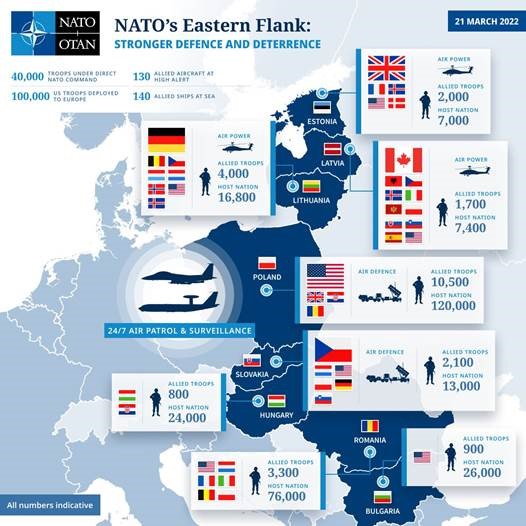 |
| I loved La Man of La Mancha musical so loved this statue in Madrid and the Dulcinea stores on the road |
So, before the conference, we started in Madrid, went to Toledo, Cordoba, and now Sevilla. We go to Ronda, Malaga, Granada, and Valencia before the conference in Barcelona. Surprisingly, this is our first Euro trip together. Parenthood and pethood and other stuff kept my wife from joining me on most work trips, although she did join me in Japan for part of my last sabbatical. I had a taste of Spain thanks to a week in between two Euro conferences in 2019, including the EISS in Paris. My wife's college Euro trips skipped Spain, so this is all new to her.
So, what have we learned thus far? I will break it up into the cities we have seen thus far.
Madrid:
- Maybe four museums in one day is a bit much? Prado had a lot of older art, Reina Sofia had some great Picassos and especially Dalis. The Naval Museum was interesting--not much mention of 1588, but I did learn that the Spanish Navy opted for the 100 duck-sized horses--small torpedo boats when dreadnoughts were becoming the fashion, and this helps to explain why they lost in 1898. The archeology museum was interesting, but man, were we tired.
- Some great food neighborhoods--just tapas place after tapas place after tapas place. I also went on a sangria run as I drank that stuff for every non-breakfast meal for a few days.
- We couldn't figure out how to get a metro card--the machines to load them were easy to figure out, but getting a card was not. So, we cabbed a lot.
Toledo
- Do not drive in Toledo's old city. The roads are super narrow, so going in was a bit scary and leaving was positively nerve-wracking. We had to get a lot of help from the manager at the hotel to direct our compact but not tiny rental car into the garage. The next morning, every alarm on the car was blaring as we eked past a tight spot without scraping the mirrors. Yowza.
- I am pretty sure Inigo Montoya's father is from Toledo as knives and swords were the most popular tourist items. We went to a shop that made the real things, yet I still bought a touristy dagger, as the real thing would cost 1000 Euros. I will be unprepared for the zombies as a result. The Predator here was just one example of old artisan work--sharp steel stuff--meeting pop culture as Assassin's Creed dude was also in a window plus ohters.
- For a small old study, it had a lot of cobblestones and a lot of hills--I wore out Mrs. Spew as I tried to see the town from all the angles.
- Our hotel had a lovely terrace at the top, where I got to chat with a nice couple from Guatemala/Mexico. The husband offered me some wine, and it would have been rude to refuse. It was a very nice conversation, and I am
glad I wandered up there. - Right now, Toledo may be my favorite Spanish city, edging out my memories of Barclona.
Cordoba
- I was reminded that rival religions would put their new religious spot directly on top of the previous one to make theirs supreme.. for the moment. I learned that in Israel, and it applies here as well. Mezquita is a former Mosque where a cathedral was built over it. I wondered how the Muslim tourists felt about this. It was a beautiful and very different cathedral--more square, for one thing, and just amazing tiles and arches and design.
- Spain has its own French toast--torrejas! Yum. Not quite Hoshinos level, but outstanding.
- Lots and lots of olive groves and maybe orange tree groves in between the cities.
- Once I got out of Toledo, the driving got much less stressful.
Seville
- I forgot that Flamenco dancers are so very serious. I saw a show four years in Barcelona. This show here was much smaller and improvised apparently (Mrs. Spew didn't think it was as improvised as they said it was.)
- A dry heat is not as bad as a wet one--109 today was not great, but not awful. We did ok, and, yes, we did siesta.
- the Royal Alcazar had more and more gardens so much so that we got turned around. Good thing we had peacocks, peahens, and peakids to entertain us. Oh and tile, heaps and heaps of tile. Mrs Spew was expecting displays of armor, but we got heaps of tile instead.
- Had perhaps the best meal thus far. All of the food has been excellent, but the meal tonight competes well with the lunch we had at the place around the corner from our Toledo hotel. Just a special dinner of very small, very tasty dishes. Oh and silly names.
So far, we have found great food, friendly people, beautiful art, and a lot of heat. Oh and some very true words:



















.jpg)























